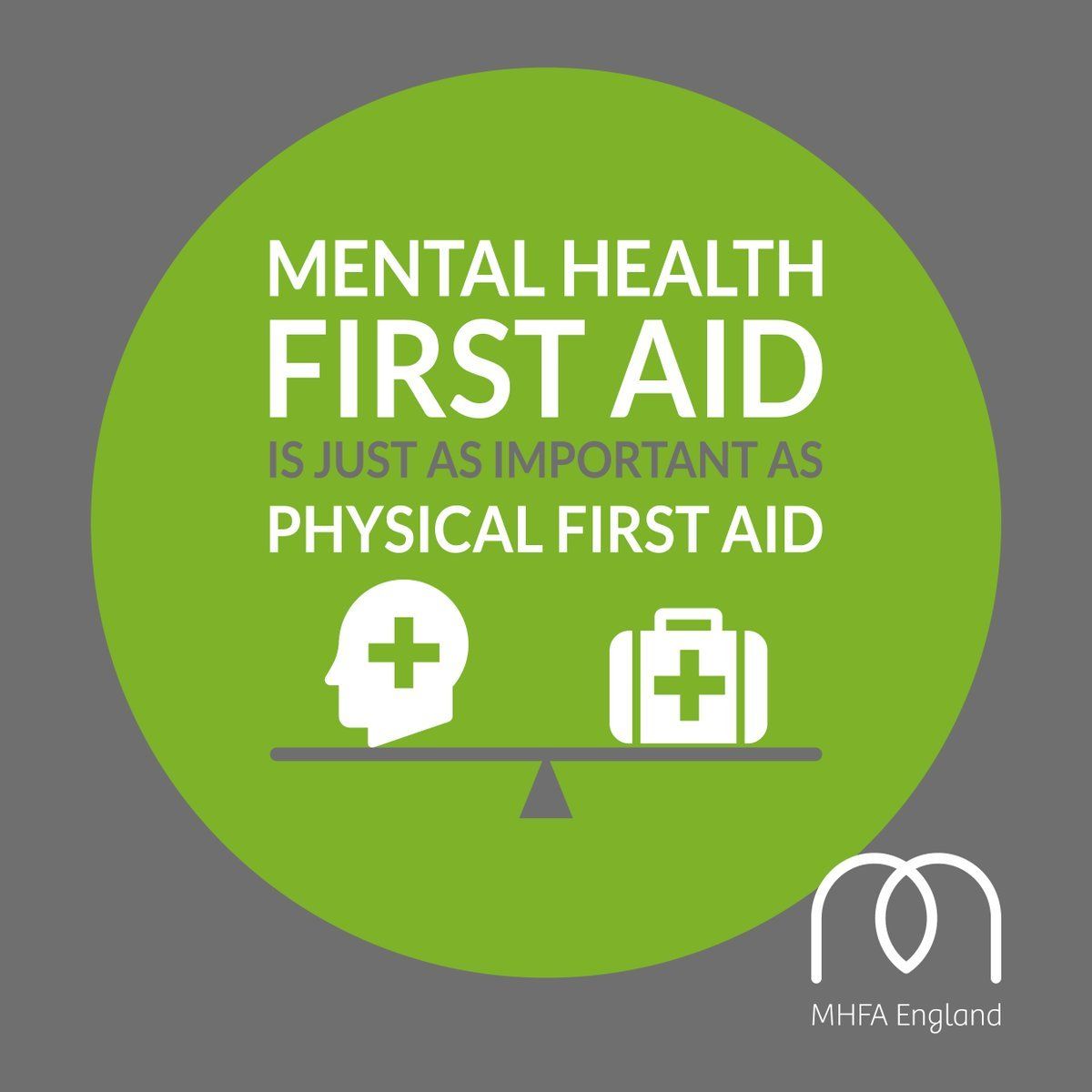Wellbeing
What is wellbeing?
Wellbeing is “the state of being comfortable, healthy or happy” and includes things such as:
- how satisfied people are with their life as a whole
- their sense of purpose
- how in control they feel
What is the difference between mental health and wellbeing?
We all have mental health. But not all of us live with good mental health. Living with a mental ill health condition affects people in different ways. During the pandemic, many people report that their mental health has suffered with symptoms of anxiety and/or depression.
Mental ill health conditions include anxiety, depression, obsessive compulsive disorder (OCD) and bipolar disorder.
How Well-Mind can help you to promote wellbeing
Do you have a mental health and wellbeing delivery plan?
Contact us if you would like to discuss drawing one up
Here at Well-Mind we can support you to manage wellbeing proactively and minimise the impact of mental ill health on work and life.
Having a wellbeing policy can help reduce sickness absence, promote a healthy work culture and increase job retention.
At Well-Mind, we can work with you to develop a Wellbeing Strategy that aims to promote wellbeing within the organisation, develop managers’ skills and knowledge so they can have effective mental health and wellbeing discussions with their team members.
We can help you build employees’ confidence to have open conversations and help those with mental ill-health to thrive in their role.
We can provide Mental Health First Aid training, Mental Health Champions training and Mental Health Refresher training, which covers stress and how this can be managed. The courses also cover how to promote wellbeing at work or in the community.
How to improve your own wellbeing
Making small changes to everyday life can help boost your wellbeing. Action for Happiness have put together 10 Keys to Happier Living so you can improve your daily wellbeing. This can be trying a different activity, or doing something you already love, to create a happier day to day life. They use the acronym of “Great Dream” to identify the 10 Keys to Happier Living that, through research, have proven to consistently make life happier and more fulfilling.
10 Keys to Happier Living
Mental Health First Aid England have created a 10 Keys to Happier Living plan in partnership with Action for Happiness to give you ways to make everyday life happier:
View Mental Health First Aid Englands ' 10 Keys to Happiness' here
Talk to us today about how we can help you support your employee's wellbeing
Let's talk
Well-Mind
Privacy / T's & C's / Website by Cotswold Web.

















